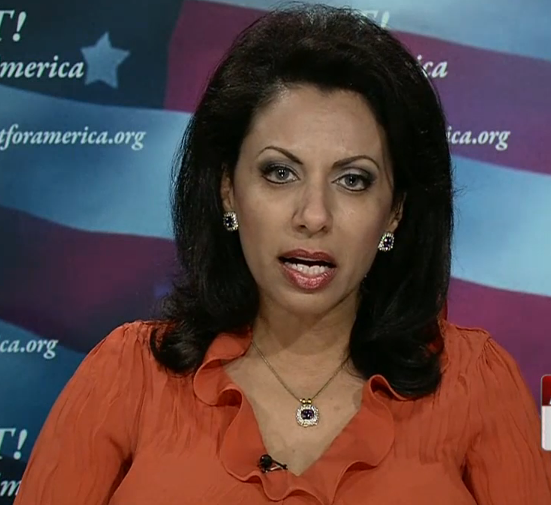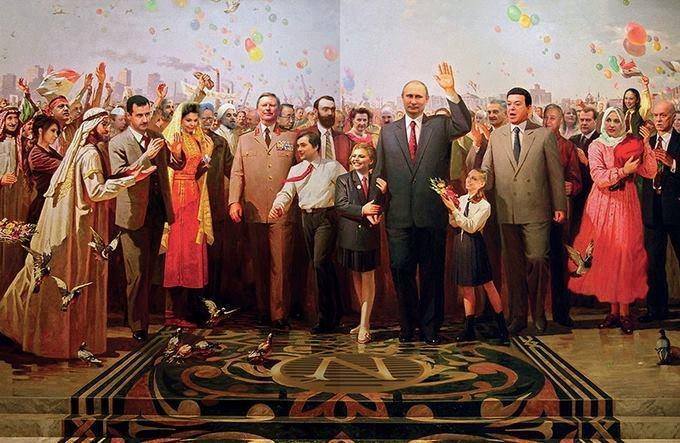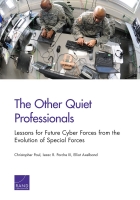 Hi Folks:
Hi Folks:
Please see below the enrollment / registration process for the upcoming Info Ops for Influence symposium. We have an excellent list of speakers from across NATO, and presentations range from simulating the information environment through measures of effectiveness and predictors of social unrest.
I recommend you register soonest, as it may be a two-step process if you DO NOT currently have a NATO RTO login.
Please note that there will be two ways to participate in the symposium.
1. You can physically attend the symposium in Amersfoort, Netherlands
OR
2. You can log on via the Internet and participate through a webinar platform (Note: For Cdn mil on DWAN, I recommend you access via commercial / open Internet, as the Firewall may block access).
Link is here. You will probably have to cut and paste due to my Gov firewall blocking access: http://www.cso.nato.int/Meetings.aspx?RestrictPanel=6
Agenda / Program will be released directly from NATO RTO. However, you need to enroll or contact Mrs Rina Tahar (see below).
Feel free to forward, as appropriate.
Cheers,
Matthew
LAUDER
Defence Scientist and Group Leader
SCSS
DRDC, Toronto Research Centre @ CFB KIngston
National Defence
________________________________________
From: Tahar, Rina [mailto:rina.tahar@cso.nato.int]
Sent: Monday, 22, September, 2014 06:42 AM
To:
Subject: SAS-105 Symposium
Importance: High
Dear All
We are pleased to announce the SAS-105 Symposium on “Information Operations for Influence”, which will take place on 5-7 November 2014 in Amersfoort, Netherlands. Please note that all sessions will be Unclassified-Unlimited open to PfP and MD.
The enrollment for that event has been opened – please register online athttp://www.cso.nato.int/Meetings.aspx?RestrictPanel=6. The approval of your enrollment will automatically generate an email with the General Information Package (GIP) which contains details regarding meeting arrangements, hotel accommodation and local transportation.
Deadline for the enrolment is 30 October 2014.
In order to facilitate the organization of the social events you are requested to return to rina.tahar@cso.nato.int and dn.v.koningsbrugge@mindef.nl the REGISTRATION FORM at your earliest convenience. You are also encouraged to make your hotel reservations as soon as possible directly with the hotel
We would appreciate your distribution of this document, as quickly as possible, to the greatest number of people.
Many thanks in advance for your attention, and we are looking forward seeing you in Amersfoort.
Best Regards
Mrs. Rina TAHAR
www.nato.int
SAS Panel Assistant
Science & Technology Organization
Collaboration Support Office
BP 25
92201 Neuilly sur Seine – France
Tel: +33 1 55 61 22 77
Fax: +33 1 55 61 96 42
Email: rina.tahar@cso.nato.int
www.cso.nato.int
Symposium on “Information Operations for Influence (IOI)” (SAS-105) from Wednesday, November 05, 2014 to Friday, November 07, 2014 in NETHERLANDS
| Please enrol before (preferred)
NATO Nationals: PFP Nationals/Others : Monday , October 06, 2014 |
|
SubjectThe Information Operations for Influence symposium seeks to achieve the following goals: • To enhance understanding of the current state of development of Info Ops doctrine in partner nations, and challenges in effective application; • To help define future research agendas to achieve asymmetric advantage in the IE; • To develop strategies on how influence capabilities of military and civilian organizations could be better harmonised to achieve desired strategic effects and outcomes; • To Identify the capabilities required for effective Info Ops across the information (systems), physical, and cognitive dimensions; and, • To explore the underlying concepts for the future development and evolution of joint Info Ops doctrine. |
Filed under: Information operations Tagged: Information Operations for Influence Symposium, Symposium


 Originally published at:
Originally published at:  Originally published at
Originally published at  by
by 

 In a recently revealed mural, President Vladimir Putin is depicted as taller than everyone in a Russian crowd.
In a recently revealed mural, President Vladimir Putin is depicted as taller than everyone in a Russian crowd.
 In a Russian language article on
In a Russian language article on  The real story: China is blocking the fact that such large crowds are protesting Chinese oppression. It is not to protect the people. Now read the official government description of why Instagram is blocked:
The real story: China is blocking the fact that such large crowds are protesting Chinese oppression. It is not to protect the people. Now read the official government description of why Instagram is blocked: Belarus President Lukashenko tells Russia to return most of its territory to Mongolia and Kazakhstan.
Belarus President Lukashenko tells Russia to return most of its territory to Mongolia and Kazakhstan. Question for all my IO/IW/SC/PD and IIA friends.
Question for all my IO/IW/SC/PD and IIA friends. As soon as I am finished, I will do a book review.
As soon as I am finished, I will do a book review. I want to bring up a few cyber issues which are overclassified and most of it should, I say again,
I want to bring up a few cyber issues which are overclassified and most of it should, I say again,  According to RIA Novosti, on Facebook,
According to RIA Novosti, on Facebook, I just received a report about a recent talk by Under Secretary of State for Public Diplomacy and Public Affairs Richard Stengel, who spoke at the Annenberg School for Communication and Journalism at the University of Southern California on Wednesday, October 15th, 2014.
I just received a report about a recent talk by Under Secretary of State for Public Diplomacy and Public Affairs Richard Stengel, who spoke at the Annenberg School for Communication and Journalism at the University of Southern California on Wednesday, October 15th, 2014. A good friend of mine asked for some IO primers which are not too US-centric. Any ideas?
A good friend of mine asked for some IO primers which are not too US-centric. Any ideas?
.jpg)







